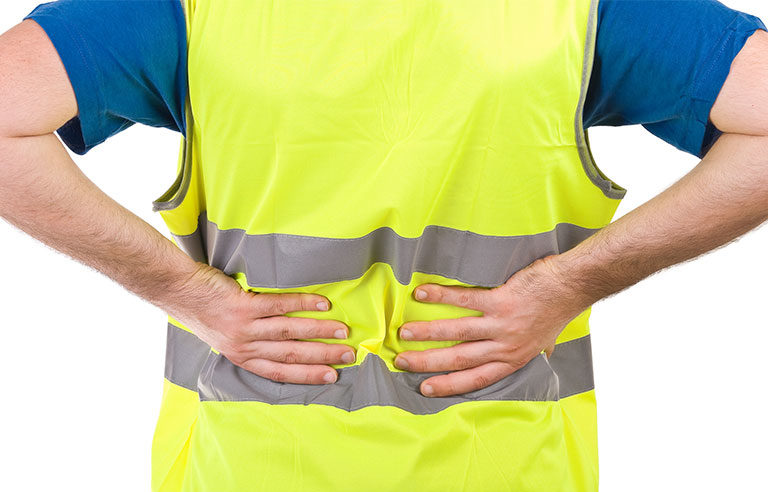CPWR looks at prescription opioid use among construction workers with MSDs

Silver Spring, MD — Employers in the construction industry need to promote “effective, non-opioid pain-management methods” for injured workers, a nonprofit safety group is saying after two of its recent studies found construction workers with musculoskeletal disorders are three times more likely than their co-workers to use prescription opioids.
Using the 2011-2017 Medical Expenditure Panel Survey, researchers from CPWR – The Center for Construction Research and Training found that 34.2% of construction workers reported at least one kind of MSD and “prescription opioid use increased among workers with more than one type of MSD.”
Overall, more than 10% of construction workers used prescription opioids during the survey period. Opioid use was “significantly higher” among workers who were:
- Older
- Women
- White, non-Hispanic
- Part-time (working less than 35 hours a week)
- In administrative support, sales and service roles
- In “poorer” physical and mental health
CPWR states that the findings suggest data from the Bureau of Labor Statistics might be underestimating the prevalence of MSDs in the construction industry, “as the estimates based on MEPS data indicate that the figure is much higher.” The center encourages employers to adopt “ergonomic solutions” to reduce the burdens of MSDs.
One of the studies, titled “Musculoskeletal Disorders and Prescription Opioid Use Among U.S. Construction Workers,” was published in the November edition of the Journal of Occupational and Environmental Medicine. The other, “Prescription Opioid Use and Associated Factors Among U.S. Construction Workers,” was published online July 16 in the American Journal of Industrial Medicine.
Post a comment to this article
Safety+Health welcomes comments that promote respectful dialogue. Please stay on topic. Comments that contain personal attacks, profanity or abusive language – or those aggressively promoting products or services – will be removed. We reserve the right to determine which comments violate our comment policy. (Anonymous comments are welcome; merely skip the “name” field in the comment box. An email address is required but will not be included with your comment.)

